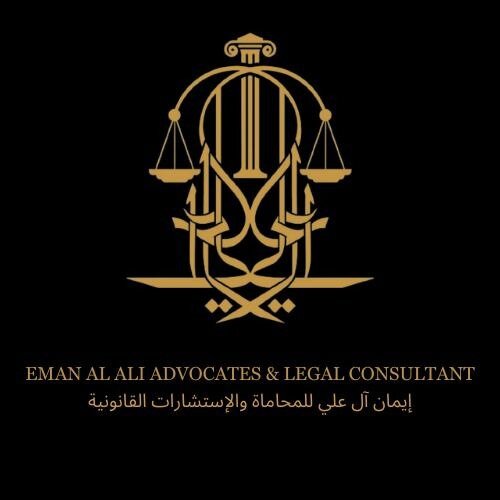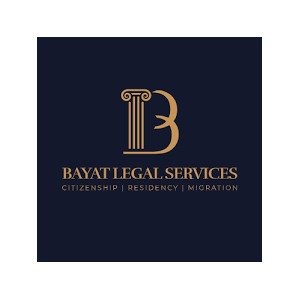Best Legal Document Lawyers in Dubai
Share your needs with us, get contacted by law firms.
Free. Takes 2 min.
List of the best lawyers in Dubai, United Arab Emirates
About Legal Document Law in Dubai, United Arab Emirates
Legal documents in Dubai, UAE, are governed by a comprehensive set of laws and regulations that are designed to ensure validity, authenticity, and enforceability. These range from employment contracts to property deeds, financial agreements, and other important documents. Legal documents in Dubai are usually written in Arabic, as it is the official language of UAE. It's important to note that all documents used in legal proceedings must be translated into Arabic by a legal translator who is recognized by the UAE Ministry of Justice.
Why You May Need a Lawyer
In numerous situations, one may need a lawyer to deal with legal documents in Dubai. These could include setting up a business, buying or selling property, arranging for your will, or even dealing with disputes that might require legal intervention. Any legal transaction or case requires you to understand and manage a variety of legal documents. Given the complexities surrounding the laws and regulations, as well as language requirements, having legal assistance from a lawyer can be beneficial.
Local laws Overview
For legal documents in Dubai, laws emphasize the requirement for proper attestation, notarization, and Arabic translation. For instance, Ministry of Justice accredited translators must perform all document translations. For most legal documents, notarization by a UAE notary public is mandatory. Laws related to legal documents may also vary based on the content and purpose of the document, such as property law for property agreements or labour law for employment contracts.
Frequently Asked Questions
1. Can legal documents be in English?
Legal documents for use within the UAE should ideally be in Arabic. If they are in English, they must be translated by an accredited translator.
2. What is the process of document attestation in Dubai?
Legal documents must undergo attestation by relevant authorities such as the Ministry of Justice or Notary Publics to ensure authenticity and enforceability.
3. Can I prepare and notarize legal documents myself?
While it's possible to prepare the documents yourself, it's advisable to seek legal assistance. Notarization is carried out by a UAE notary public after verifying the content and identity of the parties involved.
4. Are electronic documents and signatures valid in Dubai?
Yes, electronic documents and signatures are recognized under UAE law, provided they comply with the relevant laws and requirements.
5. Is a witness necessary for signing legal documents?
The requirement for a witness varies depending on the type and nature of the document. Some documents, like wills, require witnesses whereas others might not.
Additional Resources
Governmental bodies like the Dubai Courts, Ministry of Justice, and Department of Economic Development can provide additional information and guidance on legal documents. For legal advice and services, consider reaching out to local law firms or legal consultants.
Next Steps
If you need legal assistance in dealing with legal documents in Dubai, it is advisable to engage a locally based lawyer or legal firm specialising in the area you need assistance in. They can guide you through the complex legal landscape, help draft or review legal documents, and ensure you comply with all local regulations. It's important you understand the documents you’re signing and their legal implications to safeguard your interests.
Lawzana helps you find the best lawyers and law firms in Dubai through a curated and pre-screened list of qualified legal professionals. Our platform offers rankings and detailed profiles of attorneys and law firms, allowing you to compare based on practice areas, including Legal Document, experience, and client feedback.
Each profile includes a description of the firm's areas of practice, client reviews, team members and partners, year of establishment, spoken languages, office locations, contact information, social media presence, and any published articles or resources. Most firms on our platform speak English and are experienced in both local and international legal matters.
Get a quote from top-rated law firms in Dubai, United Arab Emirates — quickly, securely, and without unnecessary hassle.
Disclaimer:
The information provided on this page is for general informational purposes only and does not constitute legal advice. While we strive to ensure the accuracy and relevance of the content, legal information may change over time, and interpretations of the law can vary. You should always consult with a qualified legal professional for advice specific to your situation.
We disclaim all liability for actions taken or not taken based on the content of this page. If you believe any information is incorrect or outdated, please contact us, and we will review and update it where appropriate.

















